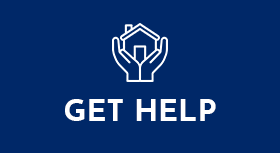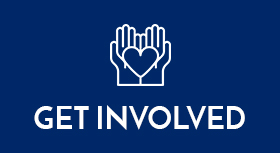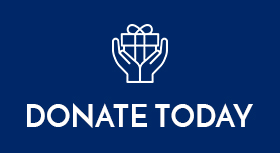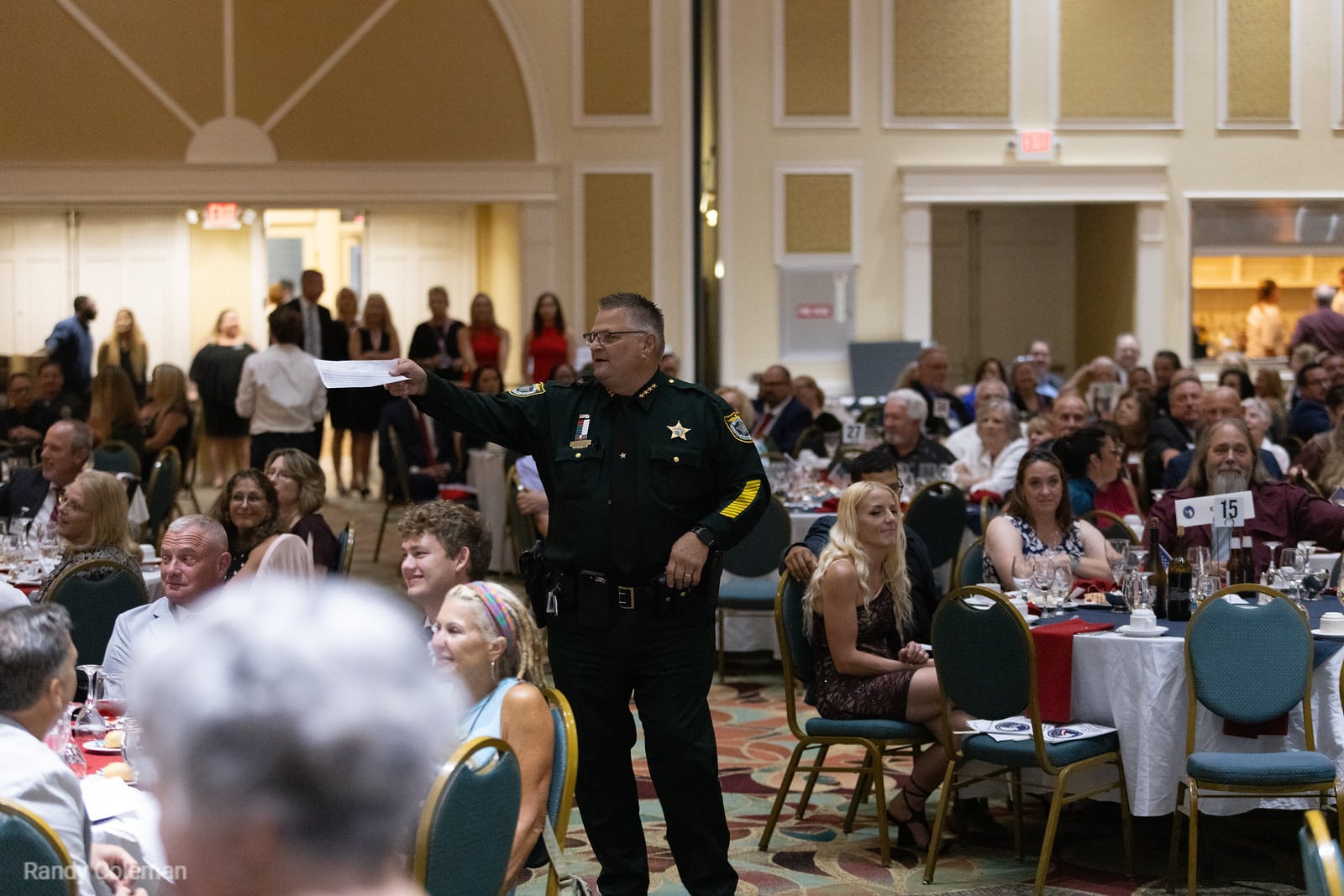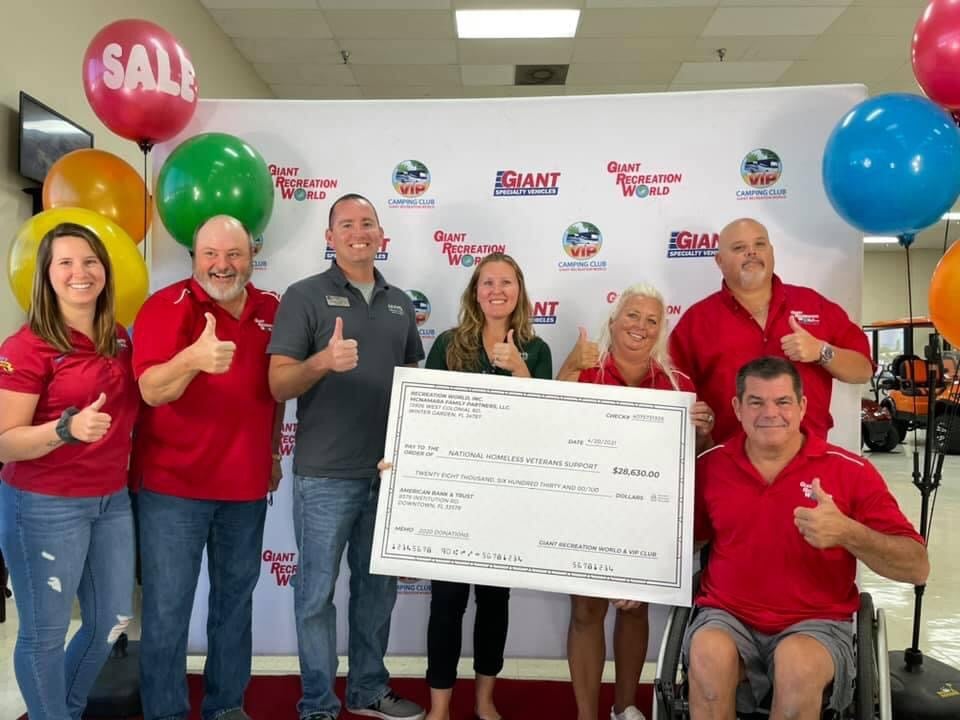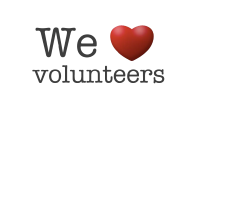The Treatment of Vietnam Veterans After the War
When Vietnam veterans returned from war, they found a country divided, weary, and often hostile. Unlike earlier veterans whom communities welcomed with parades and praise, many people met Vietnam vets with protests, indifference, or outright rejection. The war ended, but emotional and societal battles began the moment they stepped off the plane.
More than 50 years later, many of those wounds remain unhealed.
Today, thousands of Vietnam-era veterans continue to struggle with the long-term consequences of war homelessness, untreated trauma, chronic illness, and disconnection from the very country they served. If you or a Vietnam veteran you know is struggling, help is available.

What Vietnam Veterans Faced After the War
Coming home from war should have been a moment of relief and recognition, but for many Vietnam veterans, it marked the beginning of a different kind of struggle. Instead of being welcomed, they were often overlooked, misunderstood, or denied the care they had earned. The following challenges shaped their post-war lives and continue to affect many to this day.
Rejection and Stigma
Instead of ticker-tape parades, many returning Vietnam vets were ignored or, worse, vilified. The controversy surrounding the war spilled onto the shoulders of those who served. Some were called names in public. Others were told not to wear their uniforms. Many never spoke of their service at all.
This collective silence led to a generation of veterans who carried their pain quietly for decades.
Lack of Support Services
In the 1970s and 80s, awareness of PTSD was still developing. Veterans didn’t have access to the mental health support they desperately needed. Benefits were often difficult to access, especially for those already struggling with substance abuse, housing instability, or unemployment.
Long-Term Health Issues
Exposure to Agent Orange and other toxins caused a host of long-term medical conditions, cancers, heart disease, diabetes, and more. Even today, some Vietnam veterans are just now receiving recognition or benefits for these illnesses.
Why So Many Vietnam Vets Are Still in Need
As Vietnam veterans age, the challenges they face are intensifying.
- Many live on fixed incomes that barely cover their housing or healthcare costs.
- Some are still unhoused or living in unsafe or unstable conditions.
- Loneliness and isolation are significant mental health challenges.
- Old wounds, physical and emotional, resurface with age.
Without consistent care and support, many are aging into poverty, illness, and invisibility.
Bruce’s Story: From Street to Stability
Bruce is one of many Vietnam veterans who fell through the cracks.
After serving his country, Bruce found himself homeless, living in the woods, isolated, and struggling with trauma. Like many others, he’d applied for VA benefits in the past but was discouraged by delays and confusion. Over time, survival became his full-time job.
That’s when NVHS stepped in.
Through our outreach team, Bruce was connected with a VA caseworker and guided through the benefits process. He received help with housing, furniture, and emotional support. Slowly, things began to turn around.
Today, Bruce is no longer homeless. He has safe housing, attends his VA appointments, and, perhaps most meaningfully, has reconnected with people who care about him.
His story is a reminder: with the right support, even decades-old struggles can find resolution.

Resources for Vietnam Veterans Today
Whether you’re a Vietnam veteran yourself or know someone who is, here are resources that can help.
VA Health Care Services
The U.S. Department of Veterans Affairs offers healthcare specific to Vietnam veterans, including:
- Agent Orange Registry Exams
- PTSD counseling and mental health care
- Treatment for service-connected conditions
Find VA Healthcare Near You.
VA Compensation for Agent Orange Exposure
Veterans exposed to Agent Orange may qualify for monthly compensation. Common qualifying conditions include:
- Diabetes mellitus type 2
- Certain cancers (e.g., prostate, lung)
- Ischemic heart disease
- Parkinson’s disease
Learn About VA’s Presumptive Conditions
Vet Centers
Vet Centers offer confidential mental health services outside of traditional VA settings, including:
- Individual and group therapy
- Family Counseling
- Bereavement support
Aging Veteran Support
Many state and county veteran service offices provide help with:
- Long-term care planning
- Pension applications
- In-home care support
Contact your local Veterans Service Officer for assistance.
How NVHS Helps Vietnam Veterans in Florida
At National Veterans Homeless Support (NVHS), we understand that the war didn’t end when our Vietnam vets came home. That’s why we walk alongside them through the housing process, benefit applications, and recovery.
Our programs for Vietnam veterans include:
Transitional Housing
Veterans like Bruce are welcomed into safe, temporary housing that provides more than a bed; it offers stability and a path forward.
“I was homeless for years. NVHS didn’t just give me a place to stay. They gave me the support I needed to start living again.”
— Bruce, Vietnam Veteran
Search and Recuse Program
Our trained outreach team searches the woods, visits camps under bridges, and enters vulnerable communities to find and connect with veterans who might otherwise go unseen. We often serve Vietnam-era veterans who have lived in isolation for years.
Benefits Navigation
VA paperwork can be overwhelming, especially for older veterans. We help them gather documents, complete applications, and follow up until they get what they’re owed.
PTSA Program
Our PTSA (Post-Traumatic Stress Awareness) program supports those living with PTSD while educating the community around them. Through awareness, action, and anonymity, we create safe, stigma-free spaces for veterans and others to seek help and support. The program offers access to therapy, support groups, and community education, ensuring those affected by trauma are never alone and always respected.
Emotional Support and Belonging
Sometimes, the most remarkable healing happens in the community. From holiday events to peer support groups, we help veterans reconnect with others who’ve walked a similar path.
We Can’t Rewrite the Past—But We Can Show Up Now
The treatment of Vietnam veterans after the war was unfair, painful, and deeply damaging. But it’s not too late to make things right.
Every time we help a veteran like Bruce find a home, navigate the VA system, or reconnect with their family, we chip away at that legacy of neglect. We replace it with one of dignity, service, and care.
And that takes all of us.
Honoring Vietnam Veterans Today
Thousands of Vietnam veterans are still waiting for more than recognition; they’re waiting to be seen, supported, and truly valued. At NVHS, we don’t just remember them; we walk beside them.
With your help, we can continue to make a positive impact.
Here’s how you can take action:
- Donate: Your support funds housing, outreach, and benefits assistance tailored to Vietnam veterans who need it most.
- Volunteer Your Time: Whether it’s assembling care packages, attending outreach events, or offering a listening ear, your time makes a real difference.
- Share Our Mission: Help us reach more people by spreading the word. Share this page with friends, family, or colleagues who care about honoring those who served. Awareness leads to action. (Facebook, LinkedIn, X, and YouTube)
Now is the time to act. Honor the Vietnam generation with more than words. With your help, we can ensure they are housed, healed, and never forgotten.
A Sheriff’s Perspective: What It Means to Serve Veterans Truly
A Sheriff's Perspective: What It Means to Serve Veterans Truly When we talk about serving veterans in Central Florida and beyond, we often think of ceremonies, salutes, or plaques on the wall. But for many of our nation's heroes, especially those facing homelessness, mental health challenges, or isolation, true service [...]
Giant Recreation World Supports NVHS
A big hug 🥰 and thanks to Giant Recreation World for their ongoing support and $28,630 donation! Special thanks to GRW's VIP Camping Club whose help has enabled ongoing support to NVHS year after year, with a total of $136,000 contributed since 2015!!! @https://m.facebook.com/GiantRecreationWorld/
Passionate volunteers continue to help local veterans
Check out the latest NVHS volunteer spotlight in Senior Life Newspaper! R. Norman Moody, May 1, 2021 We know that Brevard County has a large veterans population. And there are many residents who support and are willing to help wherever there is a need among the men and women who [...]

